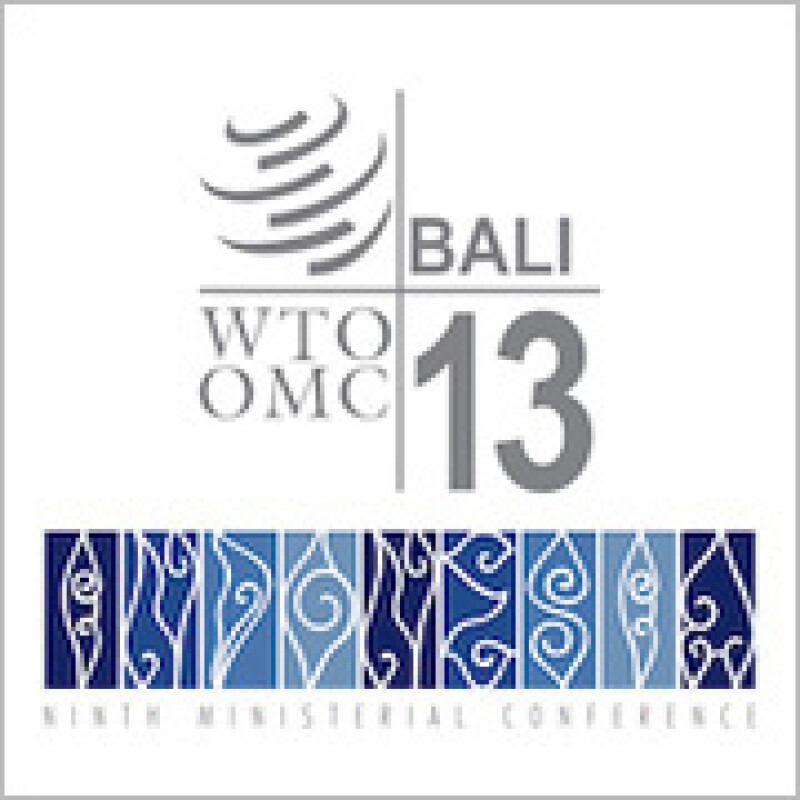
It is a long time since Seattle. By day one of the conference the US city hosted in 1999, demonstrations by anti-globalisation protestors made news programmes around the world and led the mayor to declare a civil emergency. That is unlikely to happen in Bali. The WTO, once at the forefront of globalisation, is increasingly being sidelined by governments seeking like-minded partners for bilateral and multilateral deals. Civil society has followed the action.
Roberto Azevêdo, the Brazilian head of the trade body, acknowledges the problems of forum shifting for his organisation. "It's no secret that governments have been exploring other channels for liberalising trade," he told journalists preparing to cover the Bali talks. "These are positive initiatives, but they offer no substitute for global agreements and global rules. Regional or plurilateral agreements by definition are exclusive and the countries most often excluded from these pacts are the poorest and weakest."
As it happens, there's not much on the table in Bali to pique the interests of IP lawyers. Intellectual property is off the agenda, with the exception of the formality of renewing the 13-year moratorium on the use of the non-violation clause in the TRIPs Agreement (a clause that, if exercised, would allow member states to complain that the actions of other governments have deprived them of an expected benefit – even if they cannot show that the member has broken a TRIPs commitment).
That's because negotiators have enough trouble persuading each other to cut agricultural subsidies and to slash trade-hindering red tape at their borders. In response, some of the biggest WTO member states have taken their IP demands to other fora: the Tegernsee Group for patent law harmonisation, for example, and in free trade deals such as the TTIP and TPA. But as we wrote in our cover story in September, multilateral deals have problems of their own for IP owners. Just ask the negotiators of the ill-fated ACTA.
As we wrote then: "At the moment, there is a legitimate question about whether countries are progressively rewriting international law without the checks and balances of the multilateral system: not just on compulsory licences, patent term extension, and data exclusivity, but also on registration of trade marks, copyright standards and copyright term. That might be good for IP owners in the short-term, but it may not provide the level of buy-in that successful norm-setting needs for the long term."









